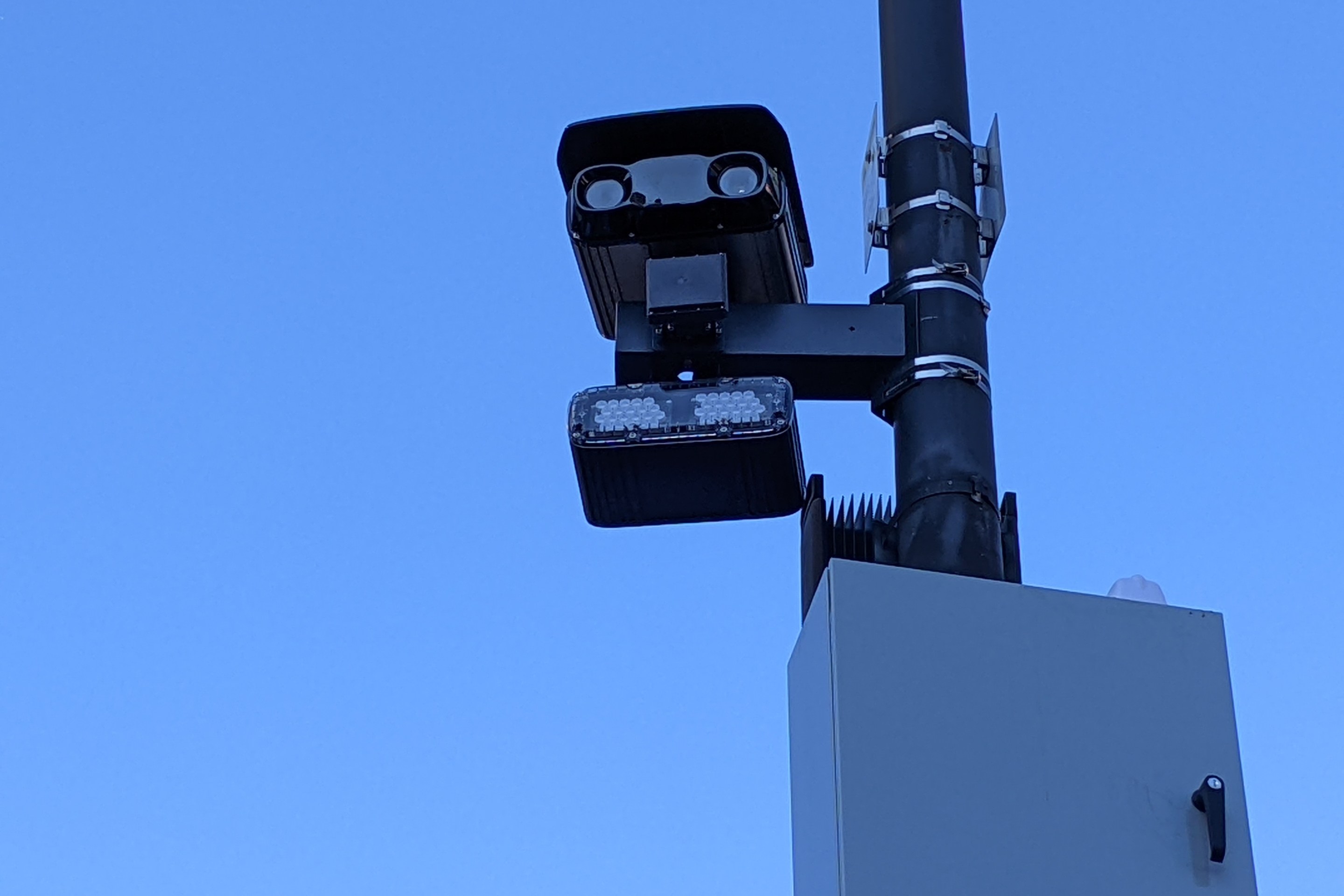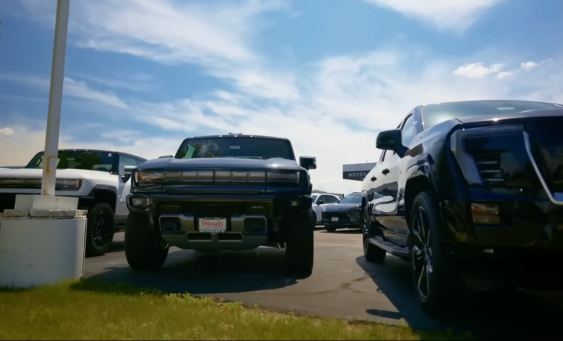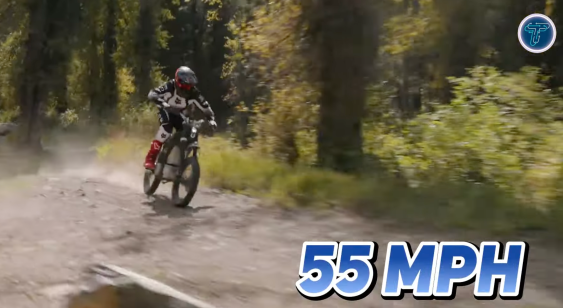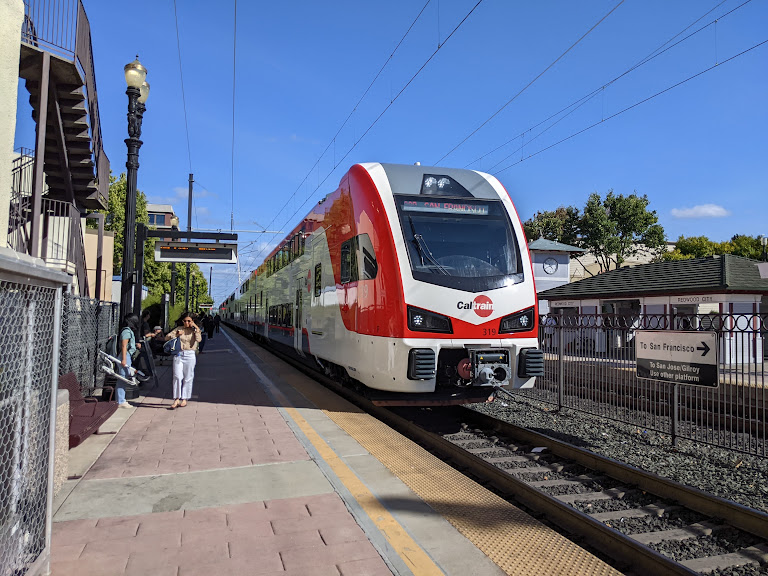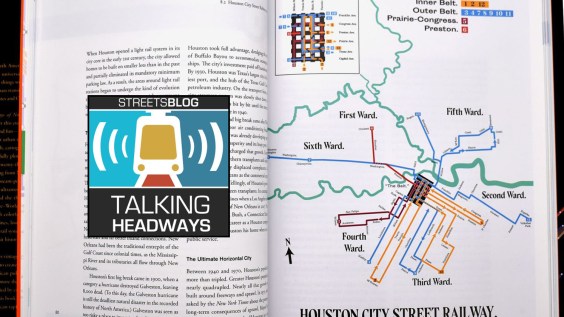Many parents, including me and my mother, don't let their kids play with toy guns. We believe that guns aren't good for kids. They inure children to the danger inherent to guns.
But what about toy cars?
I write about transportation, so I am no expert on guns. From a little online research, here's what I found. On an annual basis in the United States, cars have killed more people than guns. Since the 1960s, car deaths are trending downward. Gun deaths are trending upward. For the past half-decade, though, cars and guns each killed more than 30,000 people per year in the U.S.

But whether cars or guns kill more isn't the question. It doesn't matter which serial killer has the lower body count. Both kill.
We restrict our kids from playing with guns. We allow our kids to cuddle with, read about, and watch cartoons about cars.
Car toys are ubiquitous. Cars are in movies, on television, in video games, and books. Kids play with toy cars, ride in toy cars, clutch stuffed toy cars as they fall asleep. My mom encouraged my siblings and me to play car-race video games as an alternative to shoot-em-up video games.
What messages are all these toy cars giving to our children? The messages are mixed. The movie Cars can be read as a parable against induced demand and the destruction that car-centric highway culture had on small town America.
But more often than not, cars are anthropomorphized and romanticized as friendly heroes. An example of this is Little Blue Truck, which opens:
Horn went "Beep!"Engine purred.Friendliest soundsyou ever heard.
On my Koreatown Los Angeles street the engines and horns can't conceivably be friendly sounds. But somehow in kids' books they are. (Before I court a Little Blue backlash - yes - the little beeping truck is beeping his hellos. The story contrasts this with the arrogant big truck who barrels through, so the book can be read as a lesson on not being an obnoxious driver. But even the little good driver truck being the hero rubs me the wrong way.)
In other books, for example Sheep in a Jeep, car crashes are harmless. "The driver sheep forgets to steer" and crashes head-on into a tree, and nobody is harmed. Even the generally subversive Dr. Seuss, in One Fish Two Fish Red Fish Blue Fish, concludes a rhyme with "I would never walk/I would take a car." Our well-thumbed copy of this book has this line edited to read "I would like to walk/I don't take a car."
As a parent, car images and car toys are difficult to avoid. My nearly three-year-old daughter likes Sheep in a Jeep and Richard Scary's beautiful but car-loving books.
She also likes CicLAvia, People St plazas, and more important than what we read, she sees me riding my bike, and we walk, ride bikes, buses, and trains together.
To some extent, these pro-car sentiments are teachable moments. I talk with my daughter when we read these books, often elaborating that cars are dangerous and that bikes are awesome. I seek out books with positive images of bicycling, walking, and riding on buses and trains. Even just kids' books with positive healthy urban settings are rarer than you might expect, but they are out there. And there are plenty of mindless train stories and videos that I can't quite warm up to. I'll write more about books that I prefer (and ones that bug me) in a future #StreetsR4Families article soon.
What do you think, livability-minded parents? Do you avoid car toys the way you avoid gun toys?

